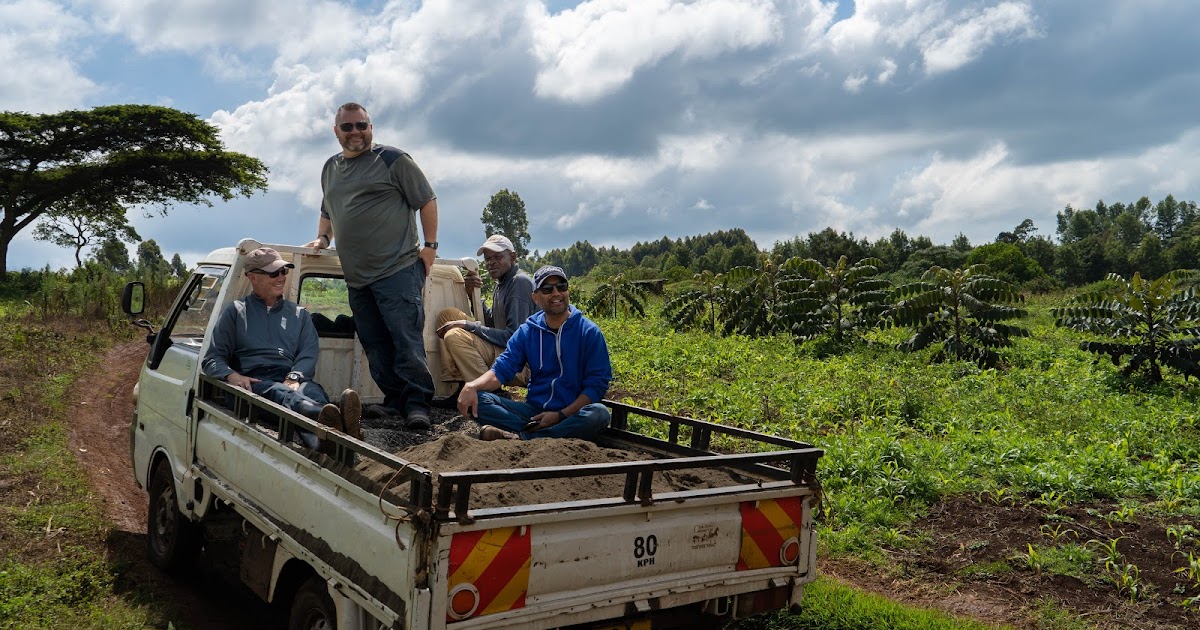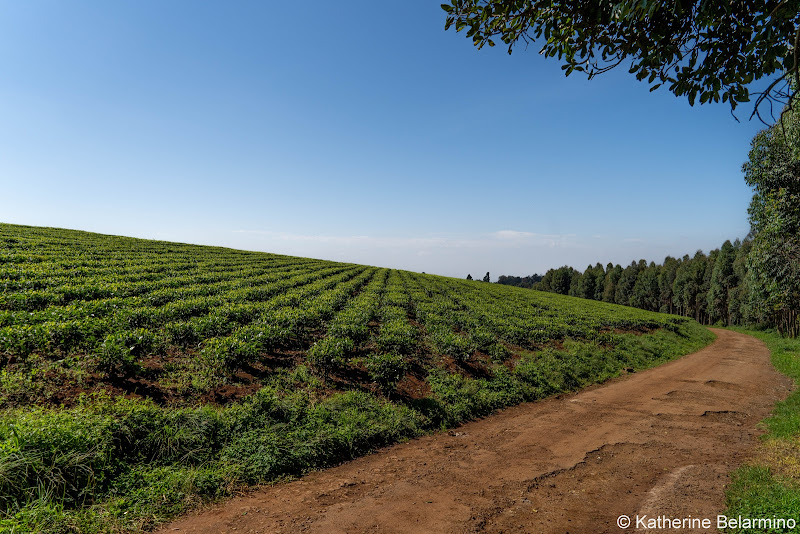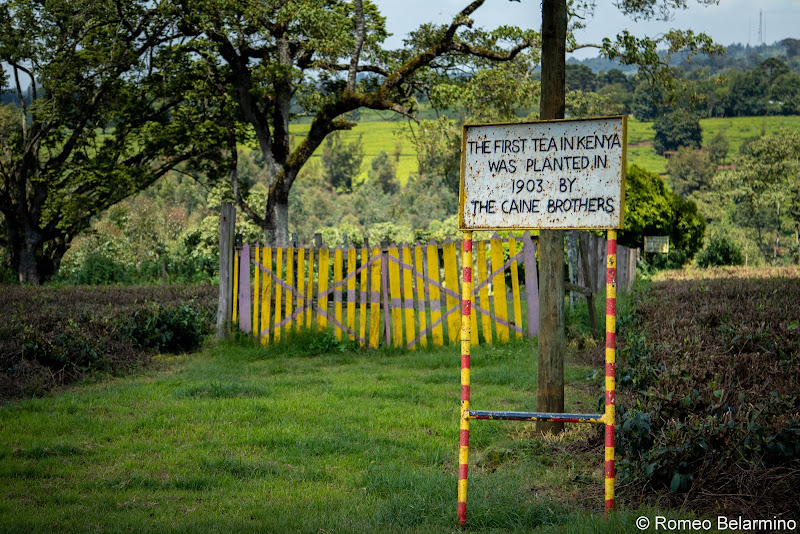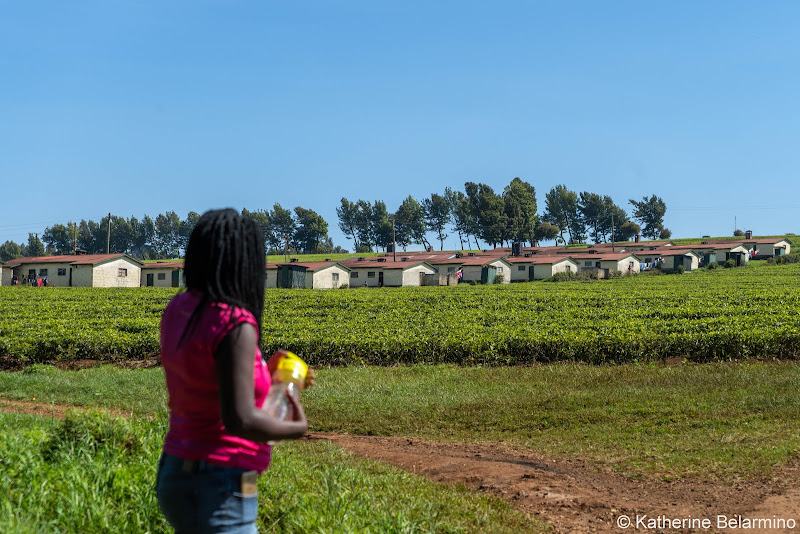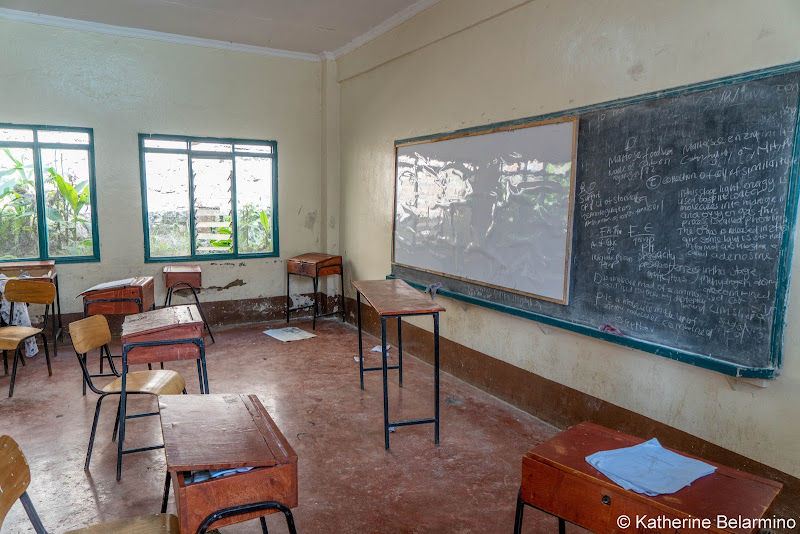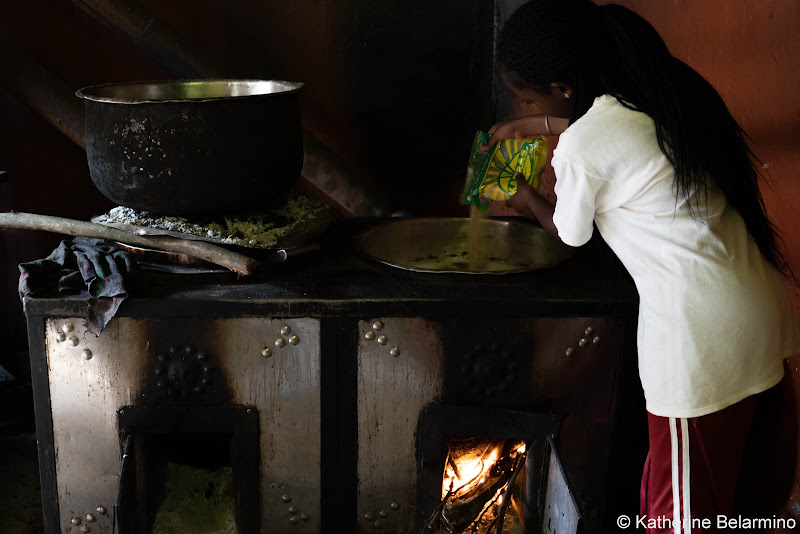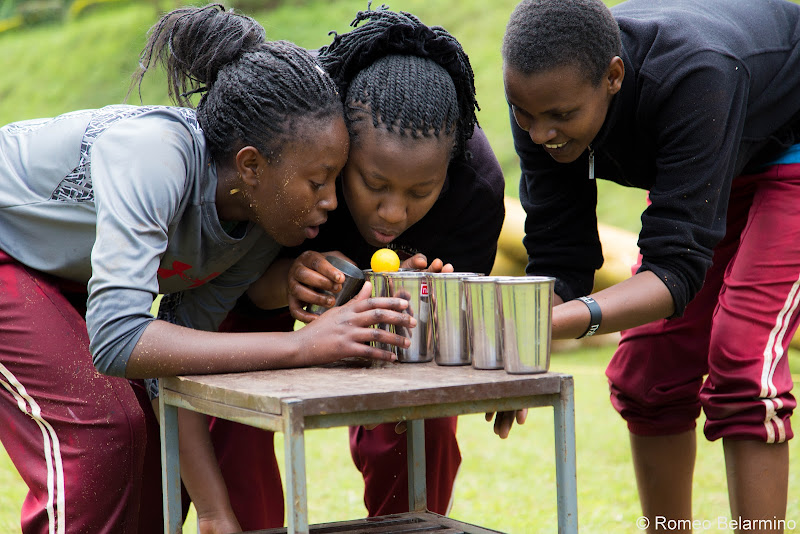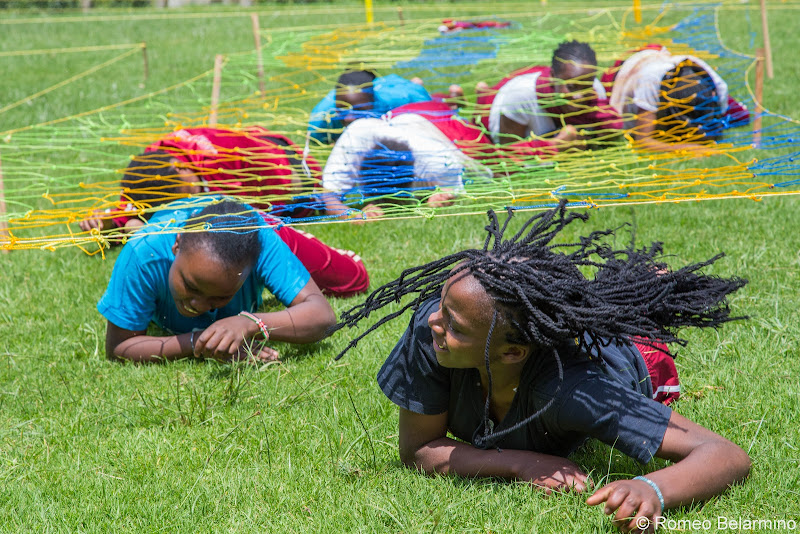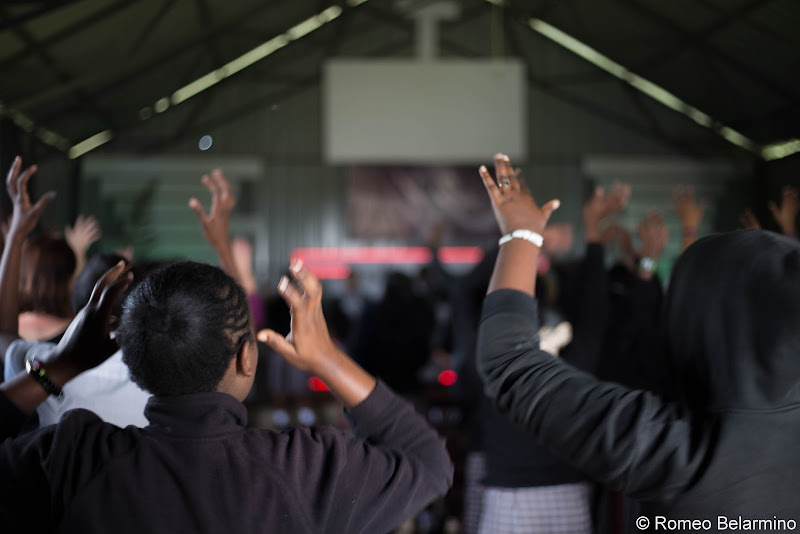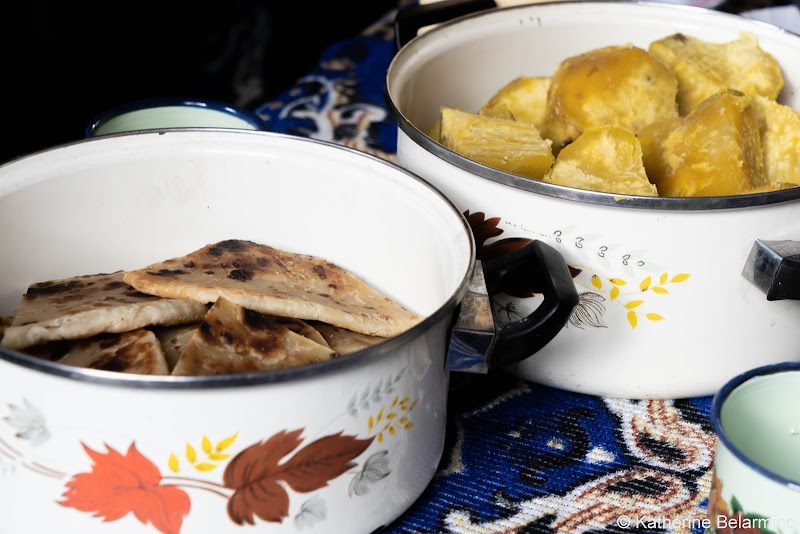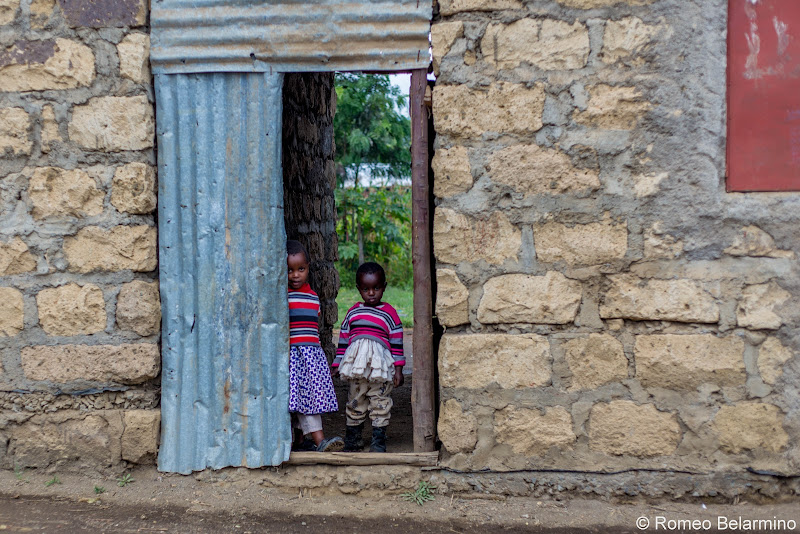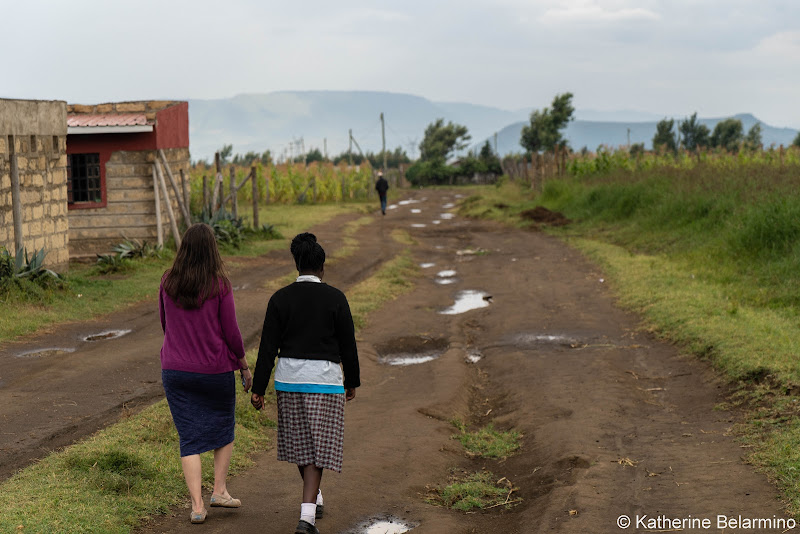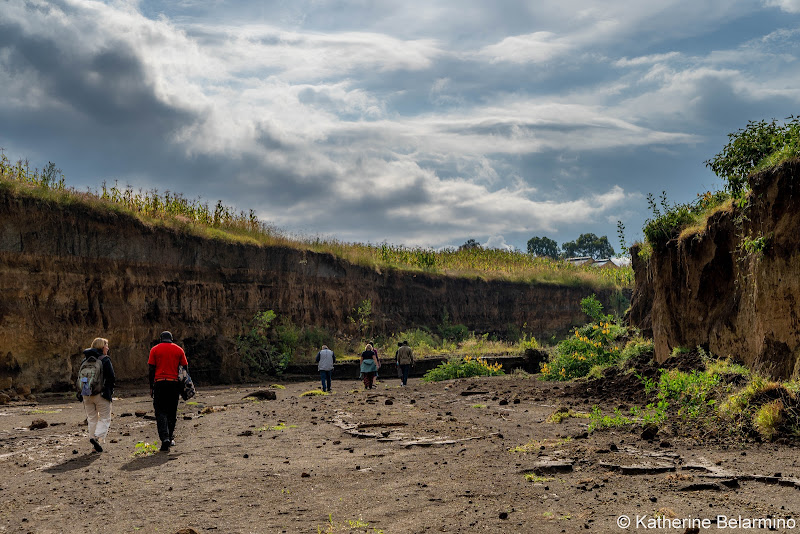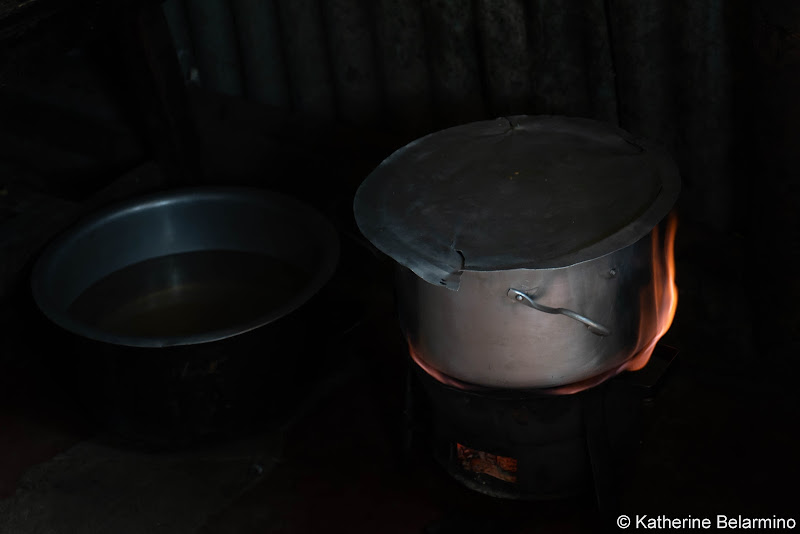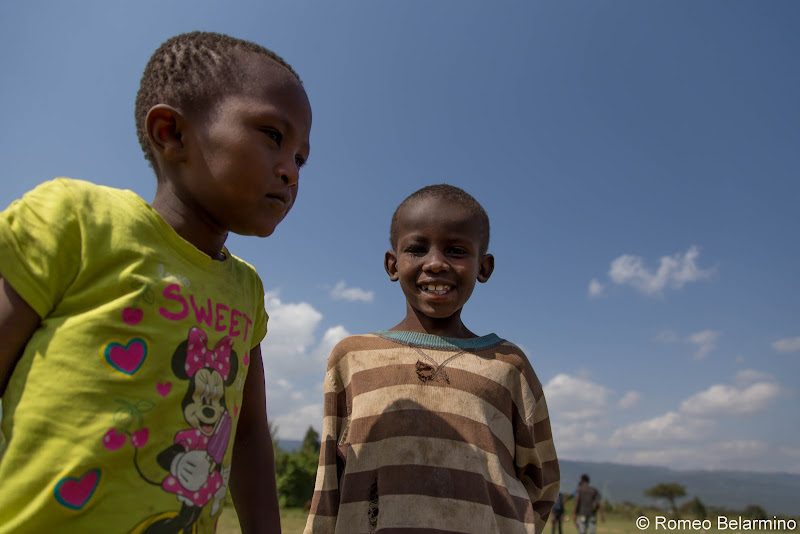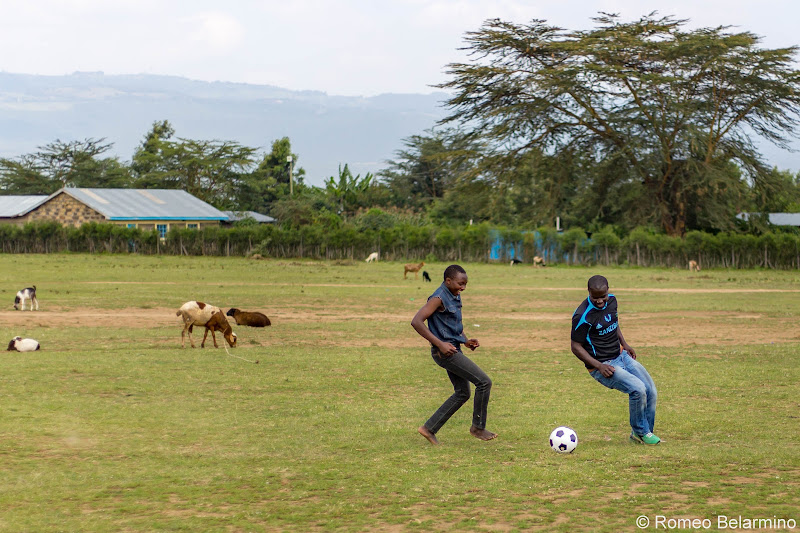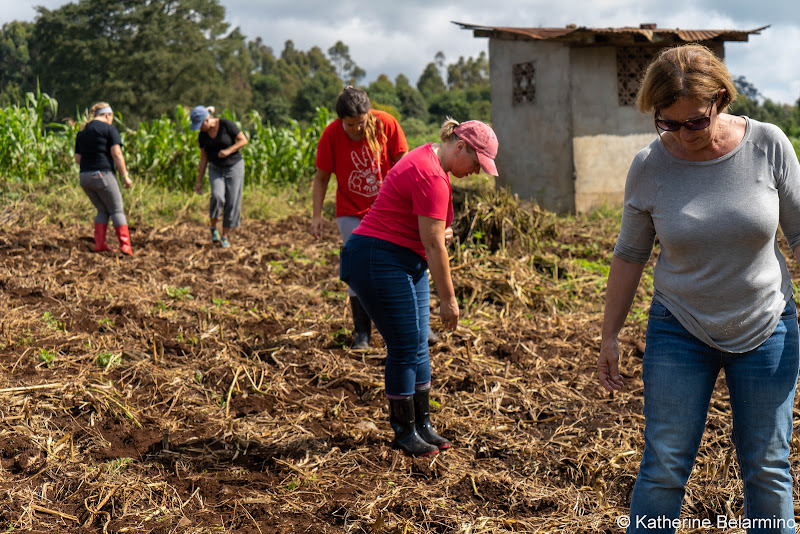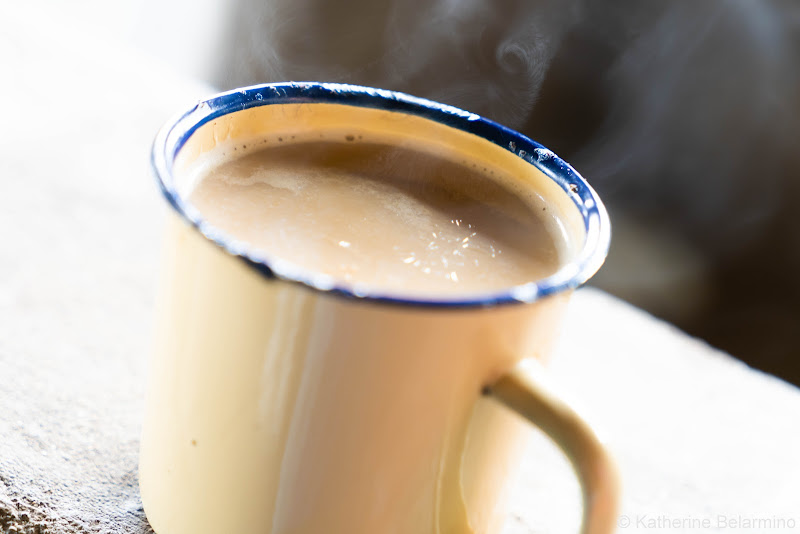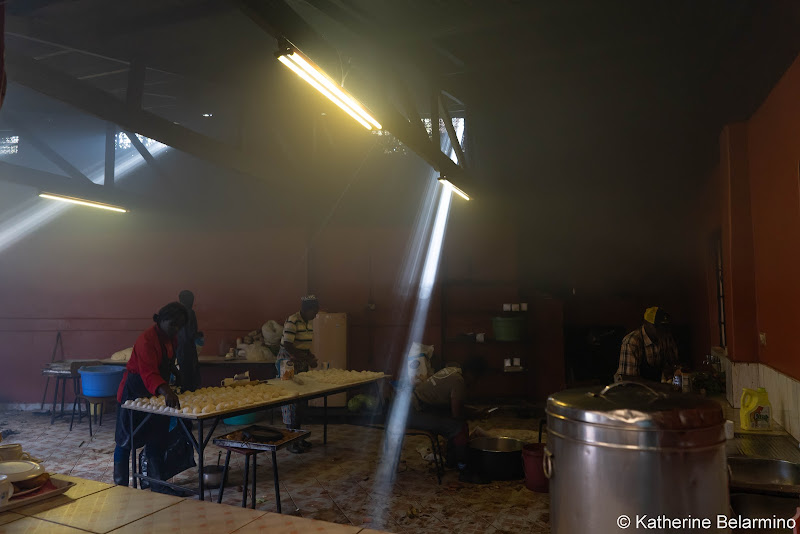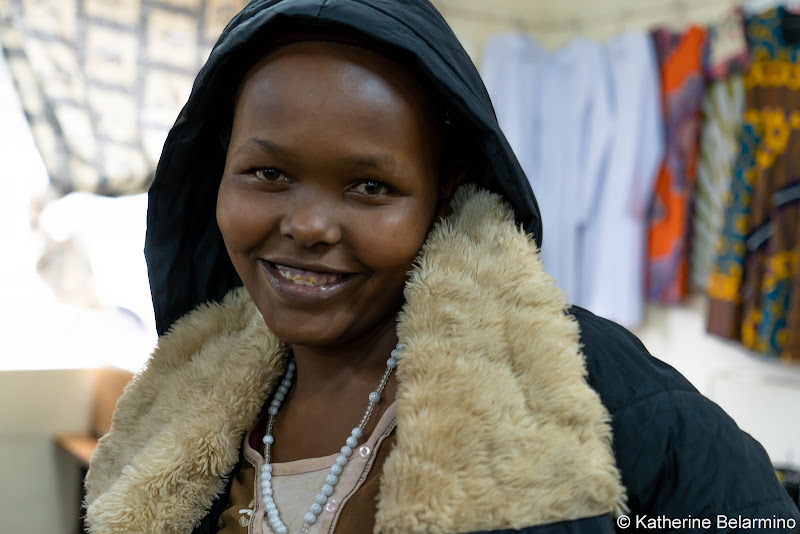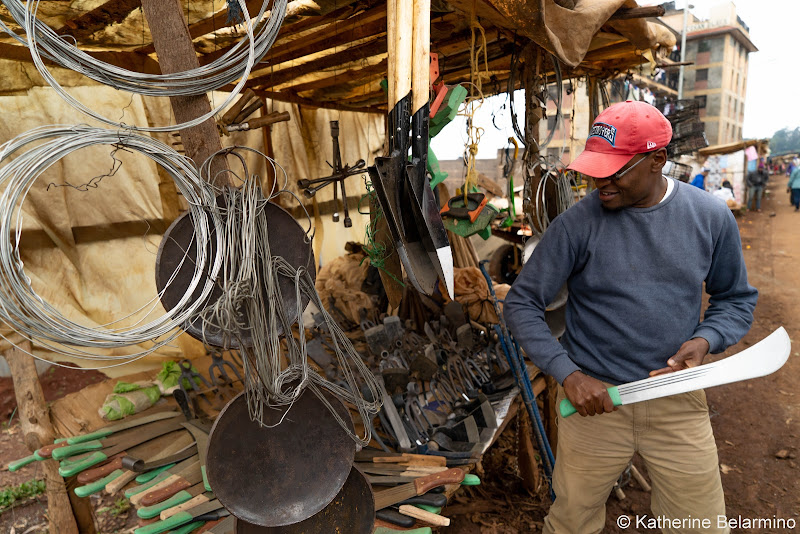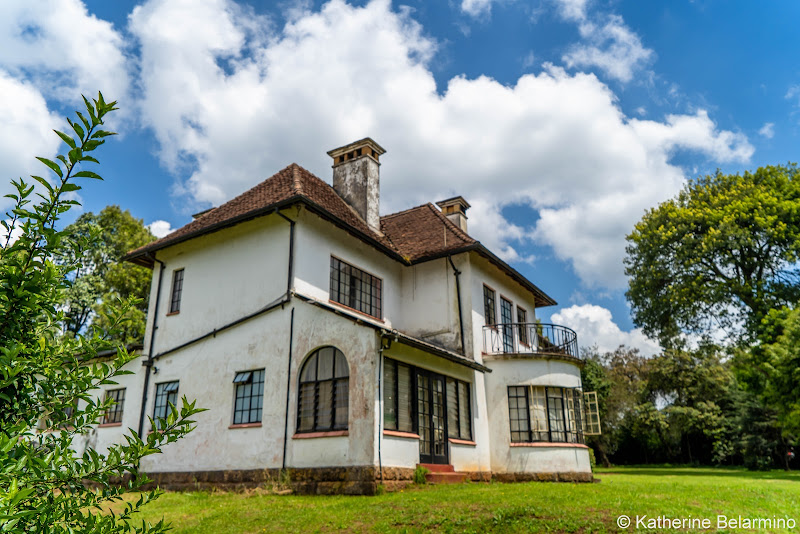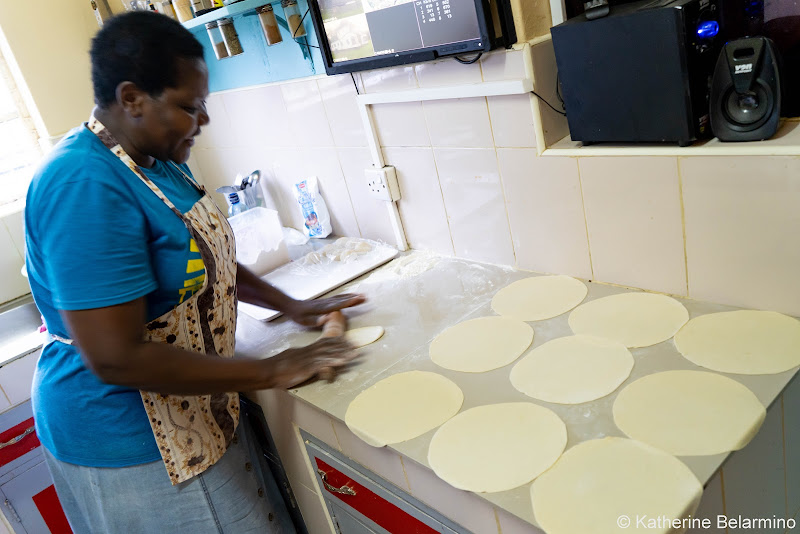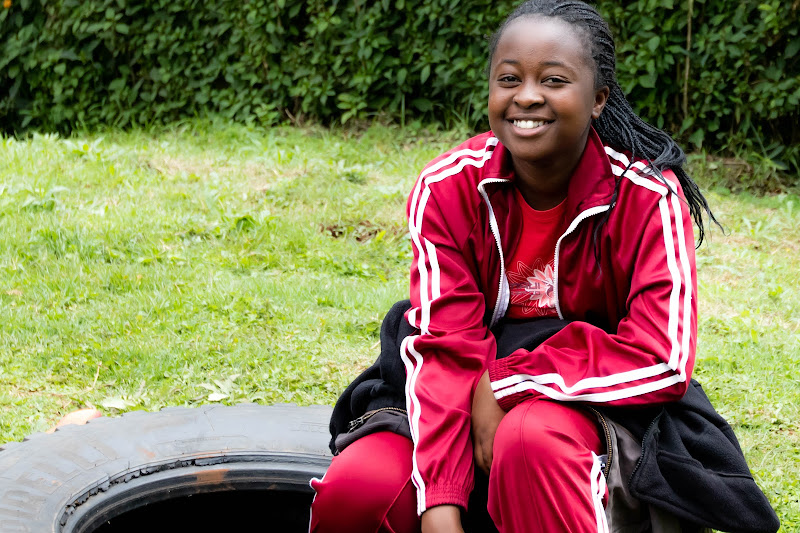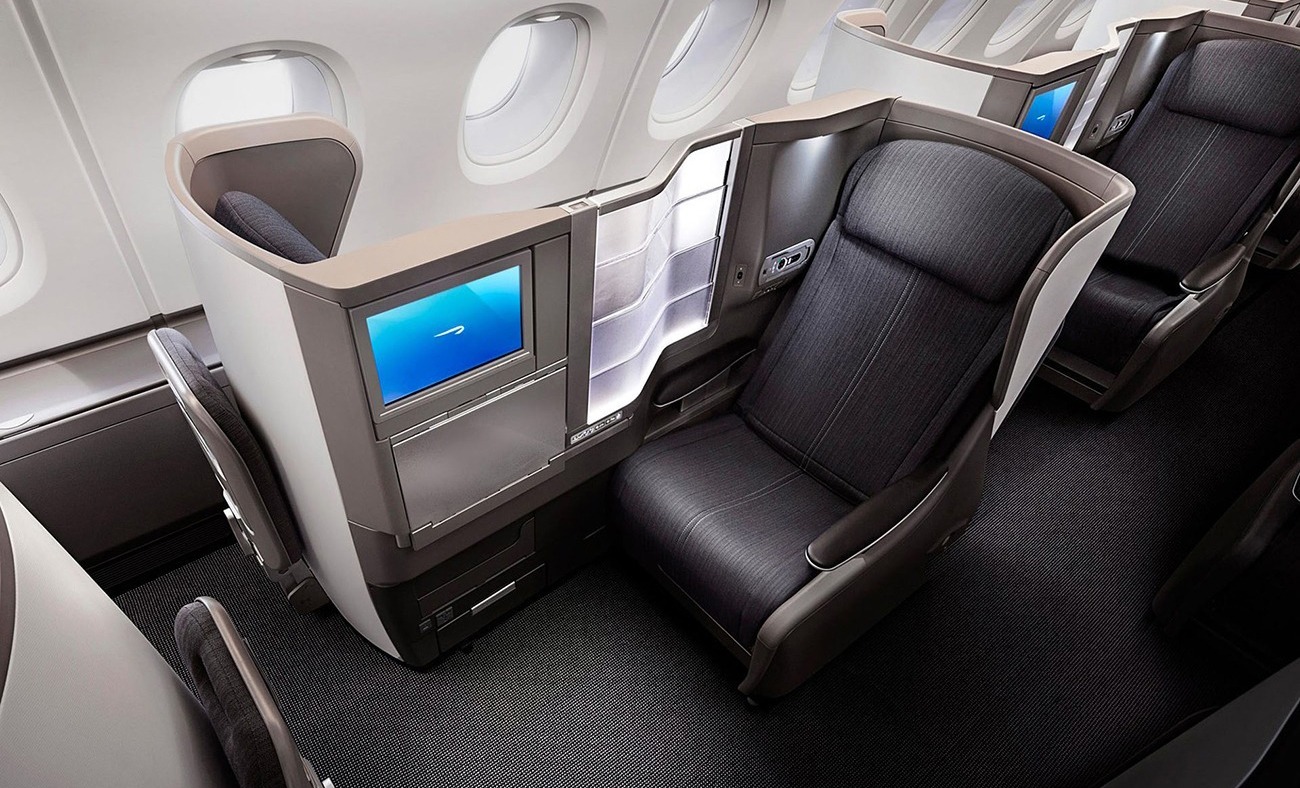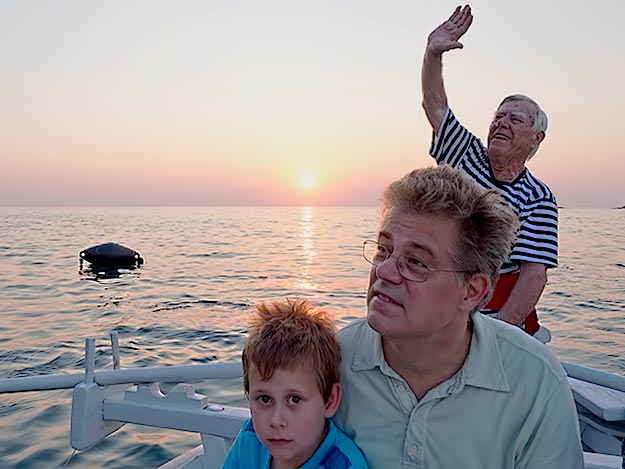We’d always liked the idea of combining travel and volunteering. We’d talked about voluntourism. We’d thought about voluntourism. But we’d never actually done it. There are lots of excuses, like a lot of volunteer trips are weeks or months long, which is hard for people like us with limited vacation time, or we’d think about volunteering for a day or two during a trip, but then the schedule got too full. Then one day a friend was talking about an upcoming trip to Kenya, a trip that would be a week and a half, a trip that would be focused on volunteering. Oh, and a trip that could include a 24-hour safari. But that’s for another article. This article is about volunteering in Kenya with Freedom Global.
About Freedom Global
First a little bit about Freedom Global. Freedom Global is a non-profit Christian organization based out of Durham, North Carolina. Freedom Global’s goal is to create a sustainable development model in Kenya that focuses on three things: business, education, and discipleship. They do this by supporting Uhuru Girls Academy, an all-girls’ high school which has both paying and scholarship students, a dairy farm, all proceeds from which go to Uhuru Girls Academy and someday will also hopefully provide work for some of the girls, and by providing discipleship through bible studies, chapel, GLOW clubs, and mentorship. Freedom Global sets up service trips to Limuru, a town 30 miles outside of Nairobi, three times a year.

You may be asking yourself if Freedom Global’s service trips are just for uber-religious Christians. The answer is no. Romeo and I do respect all religions and everyone’s religious beliefs, and in this travel blog, you will find information about and photos of churches, synagogues, mosques, and temples we’ve visited. But, while we both had religious upbringings, we aren’t what one would categorize as religious. So, before we signed up for one of Freedom Global’s volunteering opportunities in Kenya, we asked a few questions.

We learned that many people who are not Christians have come on Freedom Global’s service trips because they are passionate about humanitarian aid, are fascinated by Africa, and want to join for those reasons. There are some activities that are religious, such as attending church on Sunday or joining a chapel service, which can be optional. Since most of the volunteers are looking for an opportunity to serve, and because Kenyans are far more vocal about faith than we are in the United States, there is a lot of discussion about spirituality and beliefs. But no one is trying to convert anyone and everyone is very respectful of where someone is spiritually.
What to Expect when Volunteering in Kenya with Freedom Global
So what is it like to volunteer in Kenya with Freedom Global? Well, it’s kind of life-changing. The point is for volunteers to serve the girls at the high school by creating relationships as well as providing physical labor at the farm. And we did. But truly, the experience we received as volunteers from being part of these girls’ lives for over a week, spending time with the local Freedom Global team and volunteers, and seeing the non-touristic side of Kenya was priceless. Here’s what to expect when volunteering in Kenya with Freedom Global.
A Walk through the Tea Fields
Did you know Kenya is the third largest producer of tea in the world, outgrown only by China and India? Kenya grows a lot of tea, and it’s some of the best tea in the world. Because of its high elevation, Limuru is a tea producing area. In fact, Limuru is where tea was first introduced in Kenya in 1903 by the Caine brothers.
On our first day in Kenya, our local hosts took us to walk through one of Limuru’s tea fields. We learned about how tea is handpicked and how each worker has their own designated plot of land.
Within the tea field is a village where the tea field workers live. The village has its own school and medical center. As we walked through the village, children watched us curiously while they played. One boy was trundling a hoop along the grass.
As we continued through the village we learned that two of our Freedom Global hosts, Finance Director Francis Katiba Naita and Uhuru Academy Operations Manager Lydia Njoki Katiba, grew up in this village. They each showed us the homes they grew up in and which shaped their lives.
With tea fields as our surroundings, Lydia, Francis, and Ruth, another one of our hosts, shared with us how Freedom Global started. After the 2007 presidential election, there were claims of vote rigging. The infighting of tribes began. The violence spread and families fled to displacement camps. Freedom Global started in 2008. They wanted to serve the people of Kenya and quickly realized that had to start with a way for the people to earn a living. They learned what the people of the area had done before the violence, which was farming, so started a farm. Then they started a school because the children needed an education in order to be successful adults. Then they added discipleship to provide hope.
Uhuru Girls Academy
On the afternoon of our first day, we visited the Uhuru Girls Academy for the first time. The students welcomed us with singing. We were then paired up with a student (Romeo and I were paired up with Eva and Naomi) who took each of us around the school on a short tour.
We visited the kitchen and learned how to make chai for 60 people. We then visited classrooms and received a presentation from each grade (forms one, two, three, and four) on school life in Kenya, including their daily schedule, their courses, and the tests they need to take. Subjects include math, English, Kiswahili, chemistry, biology, physics, history, Christian religious education, business studies, and physical education.
Uhuru Girls Academy is important because the number of secondary schools Kenya has is about one-quarter of the number of primary schools in the country, and secondary education is not provided by the government. Providing secondary education, especially to girls, can change lives. Girls’ secondary education improves the standard of living for their families and communities and also decreases the likelihood of early marriages and pregnancies.
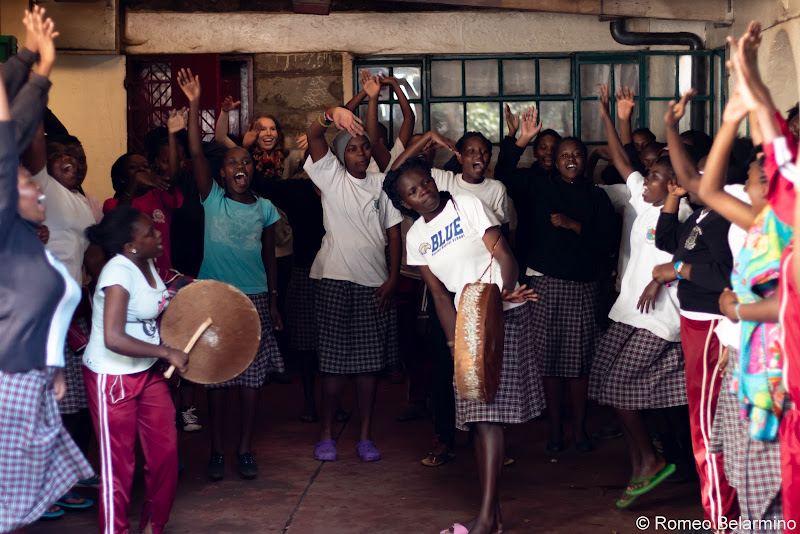
In case you’re wondering if Freedom Global is using the school to convert the girls to a certain Christian religion, it’s not like that. In Kenya, over 80% of the population is Christian and it is the law that religion has to be taught in all schools. That religion can be Christianity or Islam, but a religion must be taught. The Uhuru Girls Academy has a mix of students who go to Summit Church, a nondenominational church with Baptist beginnings, and students who go to a nearby Catholic church. There used to be a student, who has since graduated, who was Muslim.
Near the end of our time in Kenya, we visited Uhuru Girls Academy one last time, this time for a fun ropes course. The girls were split up into teams and took turns racing through the ropes course, being timed along the away.
They jogged through tires while holding a potato on a spoon, stacked tires, climbed up a hill on plastic with water pouring down just to turn around and slide down, filled cups with water a tiny cup at a time to make a ping pong ball travel, and stepped across tree stumps while holding a soccer ball between two people.
It was fun to watch the girls have such a great time, and also to see the teamwork that emerged as they cheered each other on and helped each other out. Eva, the student I had been buddied up with at the beginning of the week, kept saying she didn’t want to do the ropes course and was sure the team with all of the sportive girls was going to win, yet her team ended up coming in first.
Only two of the Kenya volunteer team decided to try the ropes course, me and Tom, our friend who invited us on the trip. We’re both a little competitive. Not so much teamwork happening in this instance! I lost, but it was a fun run. Getting extremely winded going up that hill (in our case without the water on, which made it much easier) reminded me that Limuru is a high-elevation town.
Romeo relinquished a camera to one of the students, Tabatha, a budding photographer who took portraits of many of the students and worked as his backup photographer for the ropes course competition (some of her photos are at the end of this article).
Sunday Church
Our second day in Kenya was Sunday, so we attended church services at the nearby Summit Church Tigoni. The church used to be in a tent, then the netal-sided building was built but it had dirt floors, and today it has tile floors.
Remembering my own teenage years attending church, I couldn’t help but peek around during services and notice the high school girls writing notes to each other, even during the prayers. But when the singing started, they were all in. Everyone sang their hearts out and danced like there was no tomorrow. It is clear that their faith is strong when they are singing.
Outside of the church is a valley with lots of trees and greenery. Standing outside after church, watching the little kids tromp around in the grass, we could hear singing from other church services filling the air. As we walked back to the guesthouse, we were among many walking on each side of the street, returning home from church.
Student Home Visit
Sunday afternoon we visited one of the scholarship students’ homes in Kenya’s Rift Valley. The point of the home visit is to see how a Kenyan family lives. We were told that in Kenya having guests visit is an honor. Even with that in mind, I felt a little uncomfortable imposing on the family. However, it was an excuse for the student, Esther, to go home for a visit, so that was certainly a plus. Since Uhuru Girls Academy is a boarding school, the girls don’t always get to see their families often, especially the girls whose families live far away.
On this visit we met Esther’s father Joseph and her brother Isaac. They fed us sweet potatoes, chai (of course), and chapatti, an unleavened flatbread that is a food staple. Joseph told us sweet potatoes were good luck.
During our visit, we learned a little more about the post-2007 election violence. Hundreds of thousands of families lost their land. The small village we were visiting was created when a group of displaced people put their money together and purchased the land.
They divided the land amongst the families and pitched tents. Later on Habitat for Humanity came and built homes for each family. Esther’s home, a living room and two bedrooms, was the home built for them by Habitat for Humanity.
Joseph has expanded the family home by building an unattached kitchen made with tin siding as well as a separate building with bedrooms for his children. The bathroom is an outhouse. There is no running water; water comes from large water tanks down the dirt road.
After our meal, Esther and Isaac took us on a walk through a small gorge behind their property. While we walked, enjoying the outdoors and the rainbows from the rain earlier in the day, we learned more about Kenyan life, including the engagement, dowry, and wedding traditions.
This wasn’t our only home visit to Esther’s house. We had a second visit planned at the end of our time in Kenya. This time we brought gifts to thank the family for their incredibly kind and generous hospitality. We were told it was best to give things the family might need, like sugar, tea, flour, and rice, and to not spend too much money because we wouldn’t want to cause issues in the village.
While I was worried we were intruding during the first visit, that feeling was completely gone with the second visit. We learned that Esther asked if she could make us a traditional dish for our second visit.
They had jobs for us to do on the second visit, to help plant in their garden. A couple of us also got to help Esther with the cooking. We assisted her with chopping vegetables and took turns fanning the flames of the fire on which the cooking pot sat. This is an experience I will never forget; so different from anything I’m used to.
One of the gifts we gave to the family maybe wasn’t a true necessity. It was a soccer ball. We walked to the village’s soccer field, which doubles as a grazing space, and kicked the ball around (well, not me, but the others did).
It’s uncanny how news spreads. One by one the boys of the village casually strolled by, looking like they were going to pass, and then slowly veering onto the field, until there were probably 10 kids kicking around the soccer ball.
Working on the Farm
Our third and fourth days were hard labor. This is what I had been looking forward to the most, doing something useful and helpful for this great cause. Freedom Global started a dairy farm, all profits from which go to the Uhuru Girls Academy.
The farm started as a vegetable farm. However, they weren’t making a profit and they had to drive into Nairobi to sell the produce. With the dairy farm, their cows produce 420 liters of milk a day, all of which they sell within a one-kilometer radius of the farm. The milk is sold raw and boiled before it is consumed.
The farm now grows corn, alfalfa, and grass, all used to feed the cows. Our jobs were to sow the corn in newly turned fields, run corn and alfalfa through the grinder for feed, and pour cement for an extension to the building.
We also had a chance to help sort kidney beans. None of us will look at a can of beans the same again. The regular farm workers could sort through beans fast, but we visitors took forever! Manual labor is what is used on the farm. Fields are turned over with picks, corn is sown by hand, and corn crops are cut by machetes.
I also got to check off a bucket list item at the dairy farm. I got to milk a cow! A cow named Obama. (They are non-discriminatory with naming and give the cows both traditionally male and female names.)
While Freedom Global is supported by donations, the goal is to be financially sustainable. The dairy farm allows Freedom Global to be over 50% financially sustainable.
The dairy farm’s long-term plan is to increase the size of the farm and start making cheese, butter, and ghee, which will allow them to sell their product for double or triple the price. There is also hope that as the dairy farm grows, it may be able to provide jobs for some of the graduating students as well.
The second day on the farm some of us actually chose to volunteer at the school instead. That group, including Romeo, painted the kitchen – with paint brushes (no paint rollers). That group did an amazing job while food was being cooked and smoke filled the air.
Cheshire Home for Disabled Girls
After a day of working on the farm, we visited Cheshire Home, a school for girls with disabilities. Cheshire Home is affiliated with the Catholic Church. I was nervous about this visit too. How would we connect with these girls? Would it feel like we were making a spectacle out of them? We ended up loving this short visit.
All of the girls at Cheshire Home are disabled. Many of them are intellectually disabled, but disabilities also include mental health conditions, like bipolar depression. Many of the girls have living parents, but their parents couldn’t take care of them. These girls want to love and be loved. Sadly, 90% of them have experienced some sort of sexual abuse.
At Cheshire Home, the girls are taught skills, like sewing, and create items that are sold to support them. This helps them have purpose and pride. When we visited, purses, jewelry, and clothing were displayed around the room, and some of the girls showed us what they had personally worked on.
During our visit, we each spent time with one or two girls, either writing or coloring. It meant so much to them to have someone spend time with them, show interest in them, and care.
Limuru Town
After our second day working on the farm, we headed into the town of Limuru to take in the sights and also to purchase our gifts for our second home visit to Esther’s house.
Downtown Limuru has wide unpaved streets, a handful of buildings a few stories tall, vendors lining the streets selling everything from farming tools to used shoes and clothing that comes from the United States.
In the middle of town is a huge market, a covered labyrinth of vegetables, beans, fruit, and more.
Plenty of westerners come to Kenya, but they’re usually on safari. In a town like Limuru, there aren’t a lot of westerners. The adults watched us curiously. In the market, most vendors preferred not to have their picture taken.
But the kids. The kids were very interested in us and very interested in cameras. They loved having their pictures taken and would even jostle for position to be in a photo. A school bus drove by and all the kids waved. A class full of kids on the sidewalk gave high-fives to us as we walked by.
The Amali Team House
Freedom Global’s volunteers stay in the Amali team house run by Amali Safaris, an old British home. The guesthouse has five guest rooms with bunk beds. Men sleep in the room on the ground floor and women sleep in the rooms on the second floor. Remember our first hostel experience in Israel, when I said I wouldn’t sleep in a shared room? Well, I was prepared to share a room on this trip, but somehow lucked out and got my own room (yay!).

However, this shared room experience is far different from the hostel experience where you have to sleep on top of your possessions or lock them up, especially because it is a small group who you will be working, eating, and socializing with every day. But being the introvert I am, it was nice to have my own little place to unwind quietly at night. Each floor has a shared bathroom with a toilet and two shower stalls. Shower water is heated at the source (a lot more than some Kenyans have), so don’t expect a luxurious hot shower, but it was definitely enough to warm up and get clean.
Dinner is provided every night at the guesthouse, lovingly prepared by the multi-talented Petty. Petty can, and wants to, make anything. One night she made taco night and made her own tortillas! Her guests are usually from America’s south, so she tries to make food to those tastes. Luckily for us, who like to experience local food, she made a few local dishes and one night made a complete Kenyan meal.
We were told ahead of time that food would be available in the guesthouse to make our own breakfasts and lunches, but it turned out that we were also provided lunch every day, even hot meals brought to the farm, so just needed to put together our breakfasts a few times.
The guesthouse is behind a gate that is closed at night. Outside those gates are some tiny makeshift shops selling various things. One of those shops sells handmade skirts and dresses, made with beautiful local fabrics, which can be made to order within 24-hours.
What to Pack
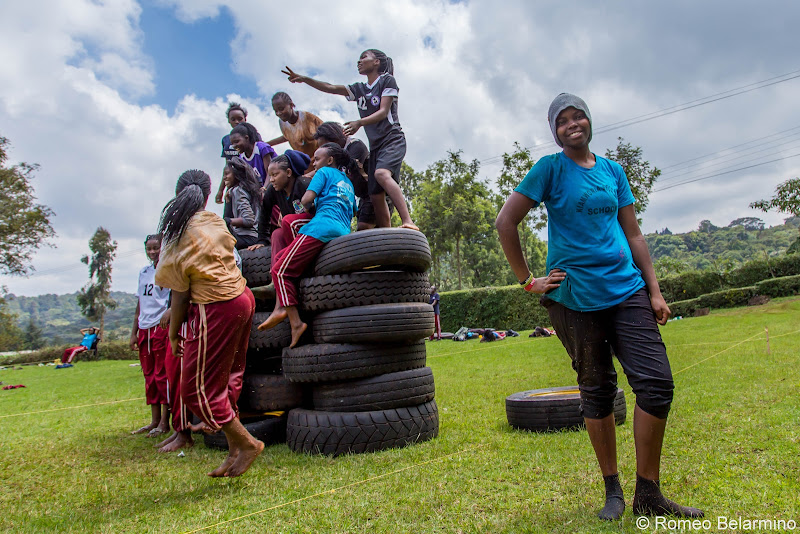
For a volunteer trip to Kenya that includes manual labor, church attendance, visiting a school and homes, and possibly going on a safari, the packing list is a bit varied. For the manual labor portion, bring old work clothes (old jeans and t-shirts), work boots or rubber boots as it may be muddy, work gloves, a rain jacket, and a hat. Church clothes can be nice but not too fancy or formal. For the rest of the time, like visiting the school or town, the home visit, and hanging out at the team house, bring casual clothes like you wear at home. However, plan to dress modestly, meaning no shorts, skirts above the knee, or tank tops. If your trip will include a safari, you can bring shorts and tank tops for that portion and you should bring a small bag to bring just what you need on safari while leaving the rest at the team house. You should also bring mosquito repellant, anti-bacterial hand wipes, and a water bottle. For church and chapel, you’ll want to have a bible, and a bible app on your smartphone is the easiest way to accomplish that.
Medical Considerations
There are some medical considerations when planning a trip to Kenya. There is yellow fever in Kenya, so you’ll want to decide whether or not to get the yellow fever vaccine. It is optional for Americans. We personally chose not to get it because we traveled to Kenya in winter and Limuru is at a high elevation, so mosquitos were less likely. However, we did take malaria medicine and we pretreated all of our clothes with Permethrin, a long-lasting mosquito repellent, ahead of time. You will also want to get a travel insurance that covers emergency medical expenses and evacuation.
Kenya Visa
You’ll need a visa to enter Kenya. You can get a single entry visa online. Freedom Global will provide the information needed to fill out the visa application and a letter of invitation.
Giving to Freedom Global
In order to join one of Freedom Global’s volunteer trips to Kenya, a donation of a set amount must be made, which can either be paid directly by the volunteer or can be funded by donations in the name of the volunteer.
For those that want to support Freedom Global and the Uhuru Girls Academy but don’t want to or can’t travel to Kenya to volunteer can still do so. Options include sponsoring a girl’s scholarship, donating to the farm, or giving a monthly donation. Freedom Global has another business, Freedom Artisans, a company that purchases and designs products in Kenya, made by Kenyans, to sell in the United States.
For those, like me, who work for a corporation, remember to check to see if your company matches charitable donations. That’s always a great way to double your charitable contribution in a way you may not have been able to afford otherwise.
